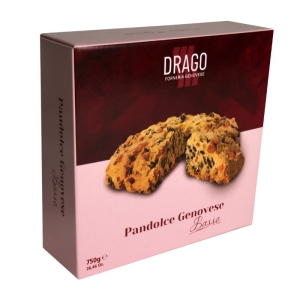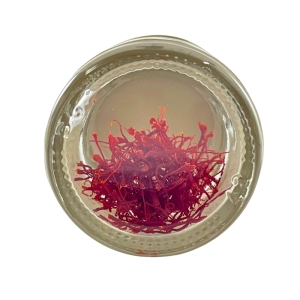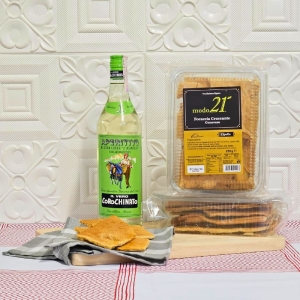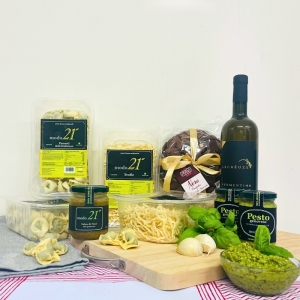Rose syrup (Slow Food Presidia) 25cl
![]() By buying this product you can collect up to
2
points
By buying this product you can collect up to
2
points
Rose syrup is a historical traditional recipe from Genoa: in ancient times it was sold in the city's pharmacies as a medicine and then in modern times it became one of the most typical specialities of Genoa's confectioners' shops.
This syrup is made according to the ancient recipe, using the petals of roses of local varieties, picked in the morning and steeped for 24 hours in water. The resulting liquid is then filtered (after pressing the remaining petals to lose none of the floral notes), then sugar is added and put on the fire until it reaches the right syrup consistency.
Rose syrup is traditionally served diluted in water as a refreshing drink but can also be used with ice cream, yoghurt and fruit salads.
Safest Ways To Pay





Delivery services suited to your needs



You might also like





































